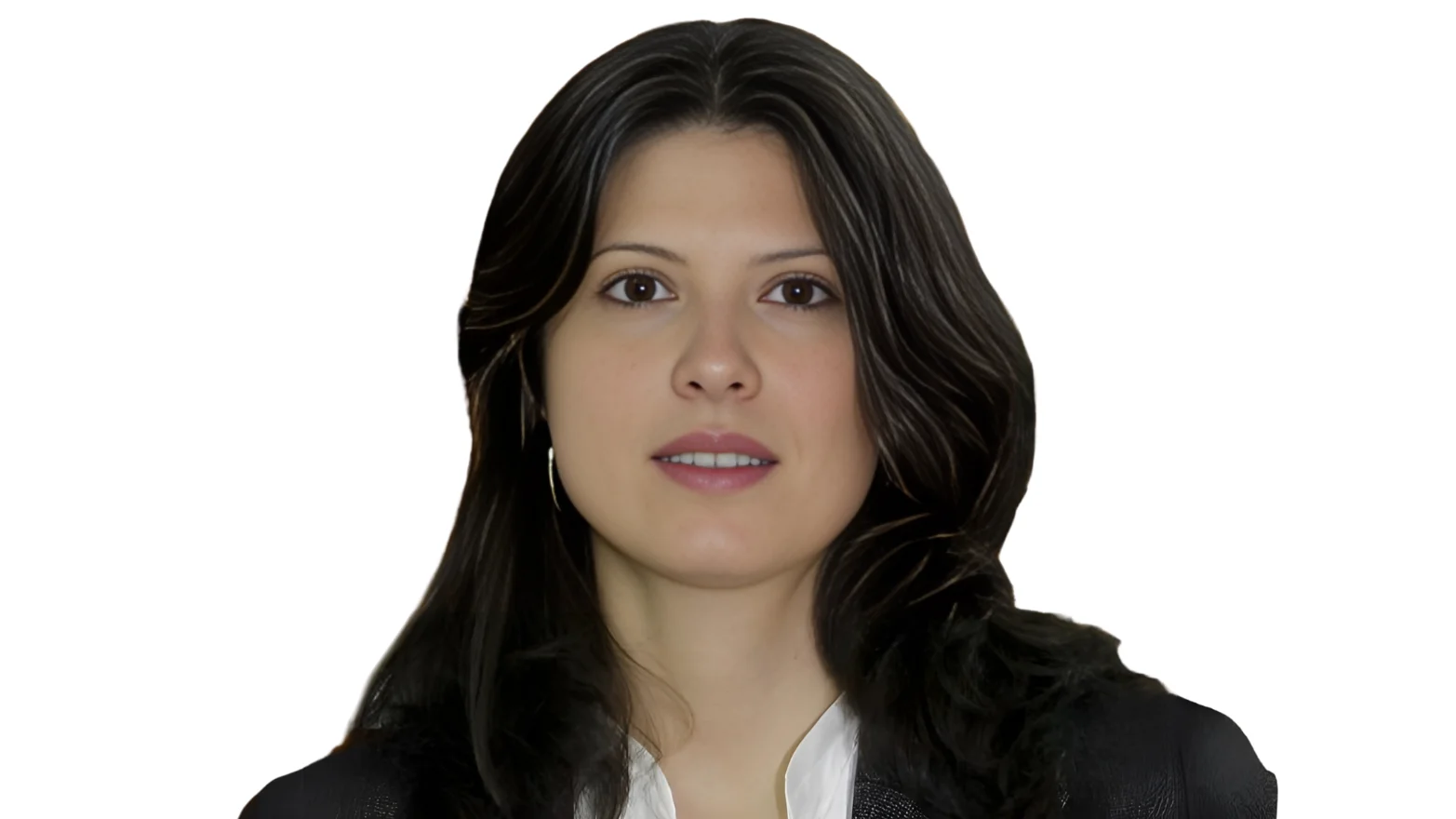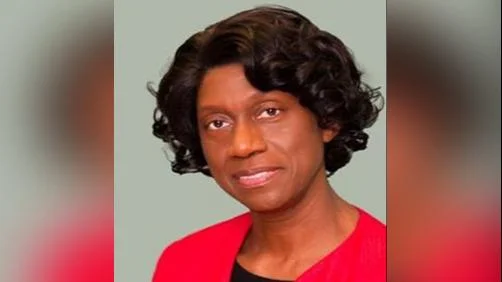
Esther Quintero Senior Research Fellow | Albert Shanker Institute
Educators play a significant role in supporting democratic institutions and norms, according to Adam Fefer, senior researcher at the Horizons Project, and Maria Stephan, co-leader of the Horizons Project. They argue that educators not only provide students with knowledge and skills but also help foster values such as tolerance and civic engagement. Educators' unions can further strengthen democracy by encouraging political participation among their members.
The authors highlight that academic freedom is an essential part of a democratic society. Restrictions on what can be taught or researched undermine this freedom. The Varieties of Democracy (V-Dem) project has documented recent declines in academic freedom in the United States, with its “Freedom of academic and cultural expression” index dropping from 3.2 in 2016-17 to 2.1 in 2024.
Fefer and Stephan describe how authoritarian leaders have historically targeted educators to consolidate power. For example, during Norway’s Nazi occupation, teachers resisted state control by refusing to join a fascist union and continued teaching privately despite school closures and arrests. In Chile under Pinochet, both students and faculty protested against restrictions on academic freedom, leading to changes in university leadership after widespread demonstrations.
In Hungary, the Tanítanék organization was formed to support teachers facing politically motivated dismissals under Viktor Orbán’s government. Mass protests followed the firing of five teachers in 2022, with demonstrators demanding reinstatement and higher salaries.
Venezuelan educators resisted efforts by Hugo Chávez’s government to impose ideological curricula by supplementing or ignoring official materials they found unacceptable. In Russia under Vladimir Putin, some educators became whistleblowers or used symbolic acts to oppose state indoctrination campaigns.
Turkey has also seen academics face repression for criticizing government policies toward minorities. After many were dismissed or investigated following a petition criticizing repression of Kurds, support networks provided financial assistance and alternative education opportunities.
In the United States today, educators continue to challenge policies they see as discriminatory or anti-democratic through legal action and community mobilization. For instance, lawsuits have been filed against book bans; teacher unions have reinforced sanctuary policies; and universities have rejected federal funding tied to changes in admissions practices.
A national evaluation conducted by researchers from the Albert Shanker Institute, University of Miami, and Rutgers Graduate School of Education assessed K-12 school finance systems across all states and Washington D.C., highlighting disparities that affect educational equity (https://www.schoolfinancedata.org/). Additionally, research reviews led by these organizations examine how K-12 school funding impacts student outcomes (https://www.shankerinstitute.org/resource/does-money-matter-second-edition).
Another project led by Susan B. Neuman from New York University—in collaboration with Esther Quintero from the Albert Shanker Institute—focuses on reading-related state legislation enacted since 2019 (https://www.shankerinstitute.org/blog/reading-legislation). This initiative examines trends affecting literacy policy nationwide.
According to Fefer and Stephan: "These actions highlight the many ways that educators across the US and globally have stood resolutely in the face of government-sponsored attacks on democratic norms and institutions. The range of activities they have undertaken—from the wearing of symbols to collective noncooperation—have encouraged unity, solidarity, and defiance in the face of state repression and abuses of power. When part of a broad movement for democratic renewal as well as for social and economic rights, educators have sometimes done the unthinkable, defeating dictators and paving the way to more free and just societies."



 Alerts Sign-up
Alerts Sign-up